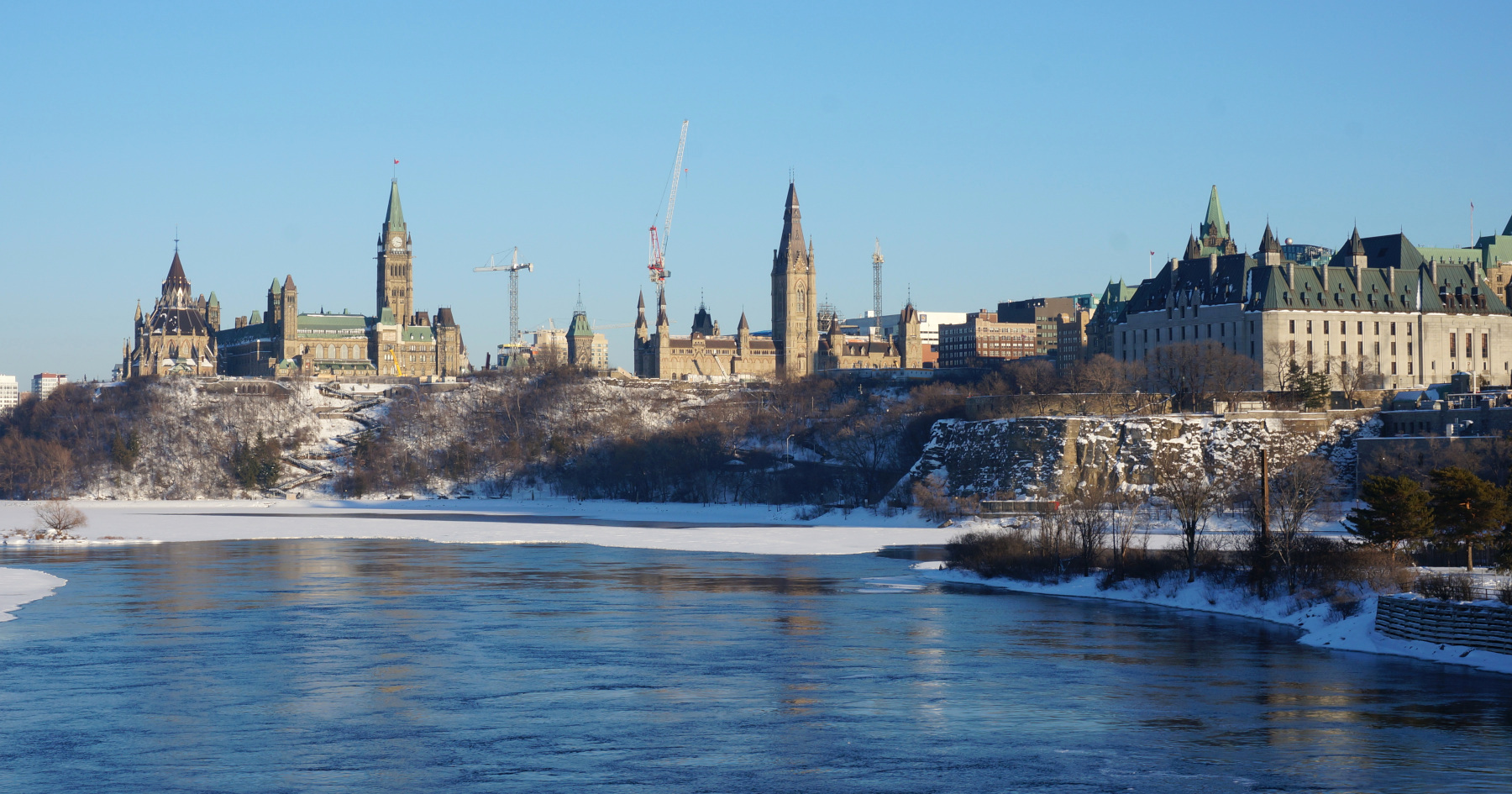The number of COVID-positive patients in B.C. hospitals declined this week, according to the latest data from the B.C. Centre for Disease Control.
There were 148 test-positive patients in hospitals across the province as of Thursday, a decrease of 15 – or about nine per cent – from the 163 reported in hospital at this time last week.
The latest data continues the trend of relatively stable hospitalization levels seen throughout 2024 so far, with the first update of the year remaining the only one to show more than 200 COVID patients receiving hospital treatment.
Comments closed

